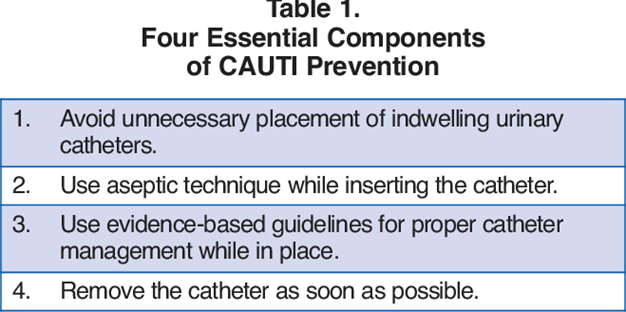Which is the term for a urine output less than 400 mL per day?
Anuria.
Oliguria.
Polyuria.
Dysuria.
The Correct Answer is B
Oliguria is the term for a urine output less than 400 mL per day. This can indicate dehydration, kidney failure, urinary obstruction, or other conditions that affect urine production.
Choice A is wrong because anuria is the term for a urine output less than 100 mL per day.
This is a more severe form of oliguria and can indicate complete kidney failure or urinary obstruction.
Choice C is wrong because polyuria is the term for a urine output more than 3000 mL per day.
This can indicate diabetes mellitus, diabetes insipidus, diuretic use, or excessive fluid intake.
Choice D is wrong because dysuria is the term for painful or difficult urination.
This can indicate urinary tract infection, kidney stones, bladder inflammation, or other conditions that affect the urinary tract.
Nursing Test Bank
Naxlex Comprehensive Predictor Exams
Related Questions
Correct Answer is A
Explanation

This is because urinary catheters are a common source of catheter associated urinary tract infections (CAUTIs), which can lead to complications such as pyelonephritis, sepsis, and renal failure. Therefore, the nurse should remove the catheter as soon as possible to reduce the risk of infection and promote normal urinary function.
Choice B is wrong because ensuring that the catheter is properly secured to prevent accidental dislodgement is not a priority intervention for a patient with a urinary catheter.
While this is an important nursing action to prevent trauma and bleeding, it does not address the main complication of catheterization, which is infection.
Choice C is wrong because encouraging the patient to drink fluids to prevent dehydration is not a priority intervention for a patient with a urinary catheter.
While this is a good nursing practice to maintain hydration and renal perfusion, it does not affect the risk of infection associated with catheterization.
Choice D is wrong because administering antibiotics to prevent infection is not a priority intervention for a patient with a urinary catheter.
While this may be indicated for some patients who have signs and symptoms of UTI or who are at high risk of infection, it is not a routine measure for all patients with catheters and may contribute to antibiotic resistance.
Correct Answer is B
Explanation
Oliguria is the term for a urine output less than 400 mL per day. This can indicate dehydration, kidney failure, urinary obstruction, or other conditions that affect urine production.
Choice A is wrong because anuria is the term for a urine output less than 100 mL per day.
This is a more severe form of oliguria and can indicate complete kidney failure or urinary obstruction.
Choice C is wrong because polyuria is the term for a urine output more than 3000 mL per day.
This can indicate diabetes mellitus, diabetes insipidus, diuretic use, or excessive fluid intake.
Choice D is wrong because dysuria is the term for painful or difficult urination.
This can indicate urinary tract infection, kidney stones, bladder inflammation, or other conditions that affect the urinary tract.
Whether you are a student looking to ace your exams or a practicing nurse seeking to enhance your expertise , our nursing education contents will empower you with the confidence and competence to make a difference in the lives of patients and become a respected leader in the healthcare field.
Visit Naxlex, invest in your future and unlock endless possibilities with our unparalleled nursing education contents today
Report Wrong Answer on the Current Question
Do you disagree with the answer? If yes, what is your expected answer? Explain.
Kindly be descriptive with the issue you are facing.
